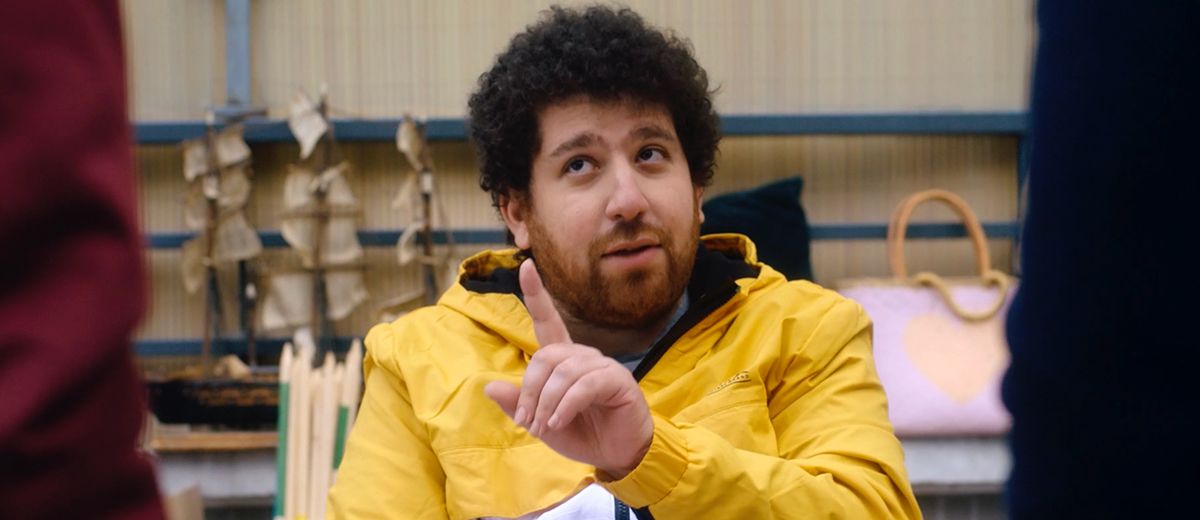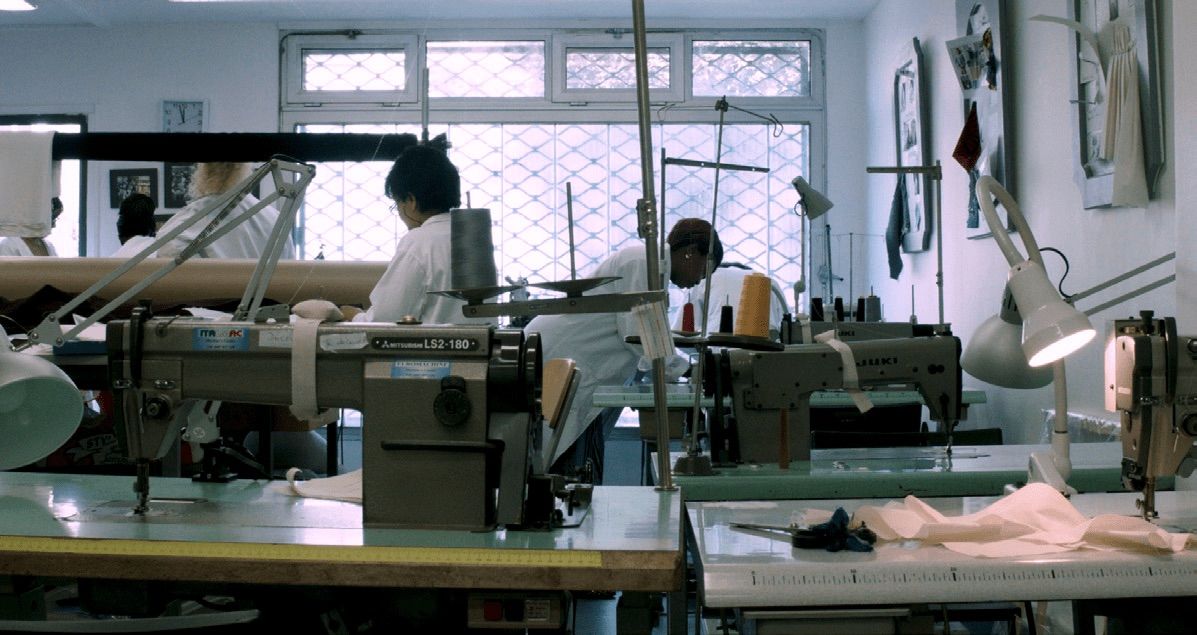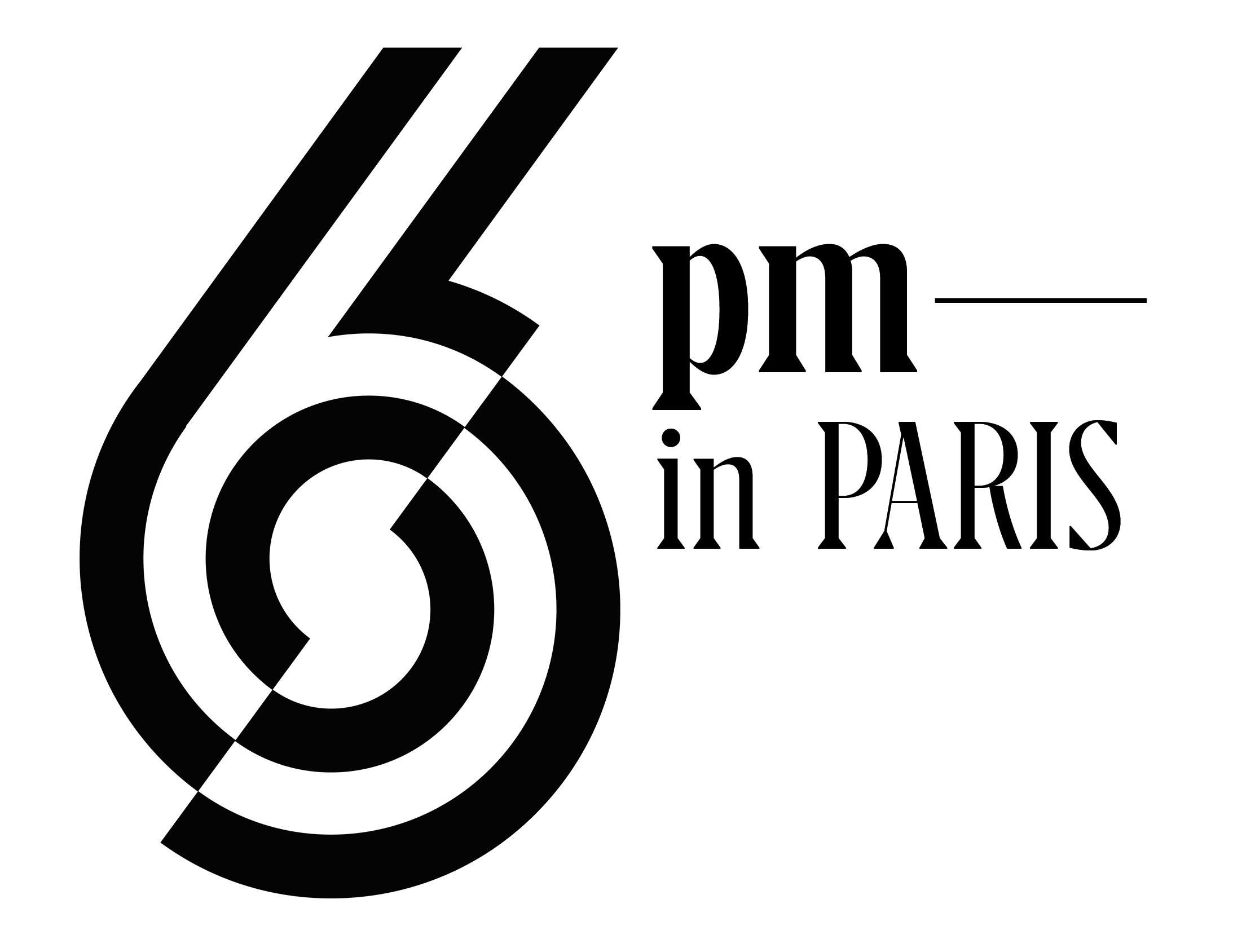Do French People Like When You Speak French?
1. They Appreciate the Effort (Even If You Make Mistakes)
2. They’re Not as Judgmental as You Think

3. They Might Correct You (But It’s a Good Sign!)

4. They May Adjust Their Speech to Help You
5. They Love When You Use Everyday Expressions
-
Find more casual phrases or idioms in our blogpost “15 French Expressions to Sound Like a Native Speaker”!
6. They Might Laugh—But Not in a Mean Way

7. They Love a Good Accent—Even If It’s Not Perfect
8. They Might Be Curious About Why You’re Learning French
Final Thoughts: Keep Speaking, Keep Learning!

Master real-life French expressions with our unique CinéPack™ method, merging Entertainment and Education for better memorization.
Be the first to know about new content and feature release!
Check your inbox for a confirmation email!
© 2026 6pm in Paris, Inc. All rights reserved.
Sweet Dreams
France, 2022, 3 min.

ROM-COM

Le magasin des compliments
Directed by Titouan Laporte
France, 2022, 10 min.
Romain's compliment store, where customers boost spirits by purchasing or gifting compliments, faces a challenge when a skeptical customer questions the store's purpose.
COMEDY

13 Euros
Directed by Guillaume Courty and Bertrand Goncalves
End of diner at the restaurant, everyone paid their share but 13 euros are missing. Shall we split?
DOCUMENTARY

Chanel et moi
Directed by Audrey Espinasse and Sami Lorentz
France, 2019, 6 min.
Maxime takes us into Jean-Luc François' new sewing ateliers in Pantin.
FREE PREVIEW
Master Classes

EPISODE 2
Conjugating irregular verbs in the Imperative Mood
FREE PREVIEW
Parlons peu,
parlons vin !
6pm in Paris Original
2023, 7 min.

Léa meets Henry, owner of Henry's Wine and Spirits, to discuss wine shopping tips.
Original content is also available with French and dual subtitles.
Sweet Dreams
France, 2022, 3 min.


15-20 min.

Learn about the useful vocab, expressions and cultural references used in each short films.
Sweet Dreams
France, 2022, 3 min.

Sweet Dreams
France, 2022, 3 min.


Nina

Anicet

Quentin

Léa

Lisa

Julie

Melissa

Elsa

Julien

Eléonore
Welcome back!
Welcome back!
Start your
7-day free trial
to explore our full CinéPacks Library!

Starting at $12.50/month
Already have an account? Sign in here.

Check your inbox—your free videos are on their way!
Happy viewing!

Pierre
